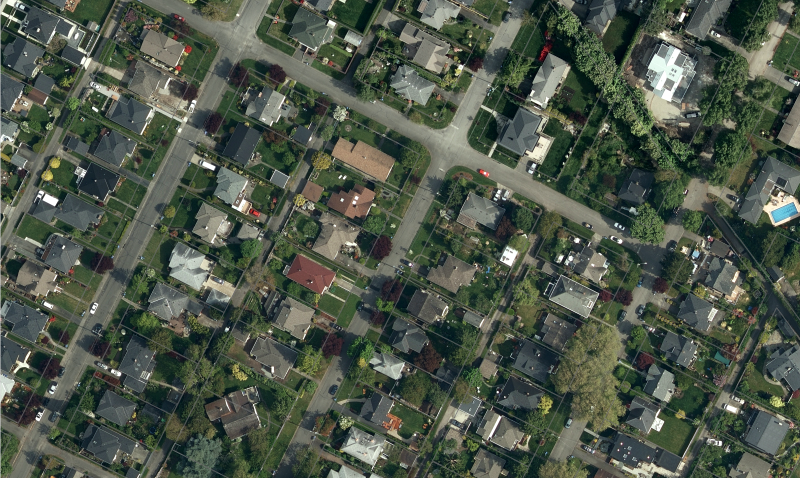Greater Victoria’s robust economy and low unemployment rate translated into few mortgage holders falling behind in their mortgage payments, according to numbers released Thursday by Canada Mortgage and Housing Corporation.
The CMHC’s quarterly report on mortgage and consumer credit trends said the delinquency rate remained low at 0.13 per cent in the first quarter of 2019.
Last year at the same time, they were 0.12 per cent.
The average delinquency rate in the province was 0.17 per cent in the first quarter of this year.
The delinquency rate in Victoria has been steadily declining since 2014, when it hit 0.37 per cent.
A mortgage is considered delinquent when the borrower is more than 90 days late on scheduled payments.
The relatively positive news may be a sign of a cautious consumer, said CMHC senior economic analyst Pershing Sun.
“Mortgage holders in B.C. maintained low and stable delinquency rates. Home- equity line of credit holders are reducing their utilization of their loan limit as well,” she said. “In Victoria, both mortgage holders and non-mortgage holders became less likely to be delinquent on their credit card and line of credit loans.”
Sun also noted that despite increased interest rates, the credit scores of B.C. residents are at an excellent level compared with the national average.
“[It] suggests that consumers in B.C. tend to be more stable financially and possibly more cautious about their credit activities in general,” she said.
The report also noted the number of mortgages being taken out is on the wane, likely due to the recent slowdown in certain segments of the resale housing market.
“Fewer British Columbians applied for new mortgage loans in the first quarter of 2019 due to rising interest rates and tighter mortgage rules,” said Sun.
“As a result, mortgage balances and monthly obligations became higher on average.”
Sun noted the share of mortgage holders remained about the same in Victoria compared with the first quarter of last year, though the average monthly mortgage payment increased.



